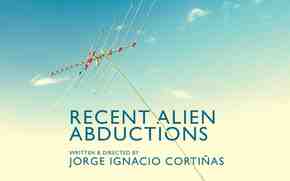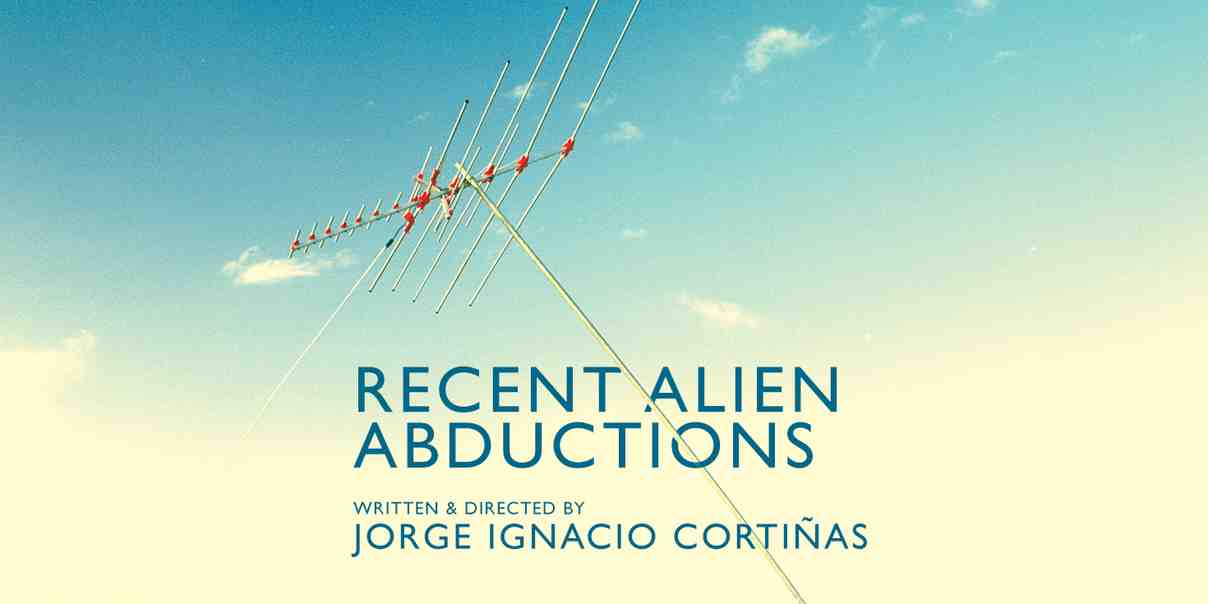

The Debt Crisis Era and More with Ed Morales
Ed Morales, journalist, author, and adjunct professor at Columbia University’s Center for the Study of Ethnicity and Race, will be leading The Debt Crisis Era – How did Puerto Rico become one of the most indebted places in the world? on Saturday, March 9 at 4:30PM.
IdeaLab is being hosted by our community partner, the Office of Diversity and Inclusion at New York Law School, located at 185 West Broadway. Attendees must show a valid government issued I.D. at the security desk. If you are interested in attending, please sign up to guarantee your reservation.
You wear many hats including: investigative journalist, spoken-word poet, filmmaker, author, and professor. How have you been able to juggle all your different passions? How do they intersect with one another?
I think that these are just all things I aspired to do, and I’ve been able to do them with some creative time-management and a desire to avoid being locked into one profession. In the 1990s I was simultaneously a staff writer at the Village Voice and a performing poet with Nuyorican Poets Café Live, which toured the U.S. and Europe. There was always a creative side to my journalism and I liked to include politics and real-life stories in my poems. The documentary I co-directed came out of a desire to visualize a piece I did for the New York Times; when I lived in the East Village in my 20s I made audio and video collages and always wanted to go further with that. I got into teaching at Columbia because I was always a bit of a frustrated academic and liked to go deep with some studies I did combining philosophy and political economy. I enjoyed getting feedback from students and used my journalistic writing skills to write hybrid written works that used creative nonfiction as well as academic citations, methodologies, and sought to engage with ideas being developed by great thinkers in cultural studies. I just think synthesizing disciplines that are supposed to be separate is a great way to be highly creative.
As an investigative journalist, you’ve written a series of articles about Puerto Rico’s debt crisis. What draws you to this topic and how do make financial reporting accessible to an audience that are maybe less well versed in the intricacies?
I was never interested in reading business journalism and reporting until I tried to research the debt crisis. I started by interviewing economists in Puerto Rico ,but realized that some of the transactions and tendencies they were talking about were being covered almost daily in the Wall Street Journal and Bloomberg News. That coverage was written completely from the perspective of bond traders and financiers, and showed me the logic of what seemed like illogical financial activity. What I did with that information was give it context from my background as a student of political economy, and also try to reflect that passions and motivations of Puerto Ricans affected by the debt crisis.
You received a Jerome Fellowship in 1992 to research Latino theater. How do you think the Latino theater scene has changed since then? What do you hope to see in the future?
I don’t know how intelligently I can comment on this because I stopped following theater closely when I left the Village Voice in the early 2000s. It seems that a lot of the networks that supported Latino theater have had trouble and that there’s probably less work being produced. I know Pregones Theater/Puerto Rican Traveling Theater/Repertorio Español are still producing what seem to be strong work, but I’m not sure what’s going on in LA or Chicago or Miami.
In September 2018, you released your latest book, Latinx: The New Force in American Politics and Culture. Please tell us about the growing use of the term of Latinx and why you believe it’s significant.
Latinx is kind of fascinating because it represents a new inclusive tendency that aims to give voice to those who prefer not to identify within the context of the gender binary. By embracing Latinx, we would be the first ethnic or racial group in the U.S. to choose an identifying label that recognizes the queer/LGBT community. My book Latinx focuses primarily on the non-binary identification of Latinx on the racial spectrum, and I came to realize that queer identification can have parallels, so it seemed natural that Latinx identity and queer identity could have a potential for fusion. I think this is already happening in the intersectionalism present among political activists, both in traditional politics and grassroots community politics. I also think Latinx can help mitigate against the decline in popularity of monolithic notions about Latino/a identity—while I embrace people focusing on their individual national identities like Puerto Rican, Dominican, Mexican, Colombian, etc., I think Latinx lack political power by endorsing only fragmented national identities and need to find a way to act collectively.
You are an adjunct professor at Columbia, have given lectures at several colleges and universities, and will be leading one of our IdeaLab installments about Puerto Rico. What do you enjoy about teaching and have you developed any philosophies on teaching throughout your career?
I enjoy working out my ideas in lectures and having moments of creativity in my thinking through them. I also enjoy students challenging me with questions and teaching me things I don’t think I could come to know on my own. My teaching philosophy involves including a lot of discussion about things happening in the moment and showing how that can relate to academic abstractions or tendencies in history that we can’t seem to escape. Just as I think hybrid identities can be at the root of creativity, the dialog that arises in a teaching and learning situation is also a highly creative moment that should be nurtured.
You’ve been working on several projects in the last few years including your book that was recently released (as mentioned above), writing articles, and working on your radio show, Living in Spanglish. What’s up next?
Unfortunately, my radio show was discontinued because the station wanted to change my schedule and we couldn’t come up with one that suited both of our needs. I’m thinking of doing a podcast, but so is everyone else. I’d like to develop an idea for a new documentary; I’m in the process of developing a new book proposal, and maybe I’ll get around to see if I can publish some of fiction—I have a short story anthology that’s about 2/3 done. It features stories in English, Spanish, and Spanglish.
For further reading on the topic of The Debt Crisis Era – How did Puerto Rico become one of the most indebted places in the world? we recommend these resources:
From the Puerto Rico Syllabus:
- How the Debt Crisis Exploded
- From the NYTimes by Mary Williams Walsh: The Bonds That Broke Puerto Rico
- And these articles from The Nation by Ed Morales:
Related Productions

Written by
Cynthia Tong
Photo provided by Ed Morales